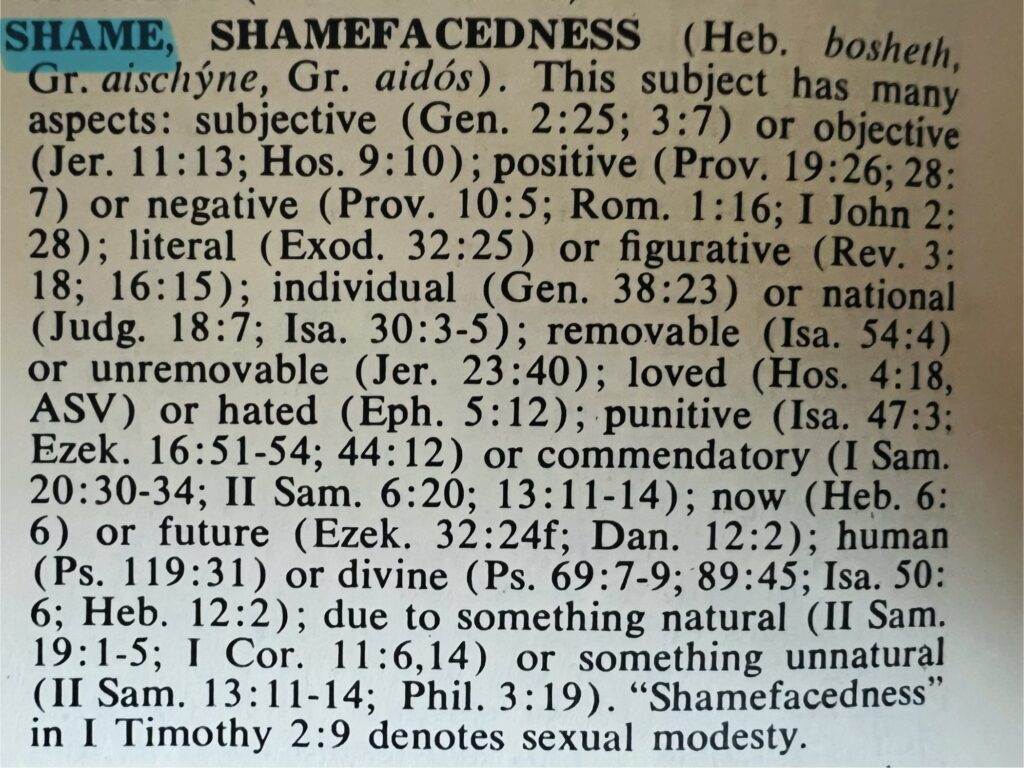
Hopefully it is not a secret that someone who corrects and speaks truth in love, is a quality one should look for in a friend. When building and fostering your online identity, things can go wrong and go wrong in all kinds of different ways; if you make mistakes, who will have your back and have those difficult conversations (Burtis, 2017, para.79, 85)? Your mind may go to topics that you would never be associated with, like racist or sexist language or inappropriate imagery, but I cannot stress this enough; as I have discussed in a previous article of mine called “Communication is more than linguistics”, we do not know how us new immigrants may confuse or offend our new audience because of purely innocent cultural differences. And once online, you have few controls on who will see, copy or share your messages.

I’ve often used the example of how South Africans are famous for saying “shame”. The word “shame”, like many other words, does not have fixed “pre-existing concepts” with exact equivalence in meaning (Saussure, 1916, p.3). In South Africa, people are notorious for using the word “shame” when they want to express sympathy or compassion. If someone falls off a chair, a South African might instantly react by saying “oh shame!” which is a representation of feeling extra sorry for that person. Here in Canada, and understandably so, it could be received as an insult, a literal shaming of and judging of the incident. Another way that “shame” is represented by South Africans, would be the equivalent of saying “aw bless” when something endearing takes place. This can be problematic in person, but imagine over text, without any emotive facial expressions or tones, how easily you could be misunderstood.
The bottom line is, if you are not thinking about this and do not have people in your new life who can help you, you could build a new identity with negative outcomes. Find those people who want to help you and who communicate well with you and nurture those relationships.

I encourage everyone to mirror those shepherd-like qualities within their new identity. As you learn from others about your new culture, pass that knowledge onto other new immigrants too. As Thorn says, “The internet is built on community and conversation. That is expected. Engage that back-and-forth. Offer someone a hand, and expect nothing in return” (Thorn, 2012, para.72). Thorn and I share the belief that connecting with other people is so important, don’t be an island. It can be time consuming and sometimes challenging to have relationships because everyone is imperfect and different, but the rewards outweigh the cons.
References
Burtis, M. (2017, May 4). Messy & Chaotic Learning: A Domains Presentation at Keene State College. The Fish Wrapper. https://wrapping.marthaburtis.net/2017/04/05/messy-chaotic/
Saussure, F. (1916). Course in General Linguistics.
Thorn, J. (2012, November 4). Make Your Thing. Transom. https://transom.org/2012/jesse-thorn-make-your-thing/




